September 12, 2025 | 04:00 GMT +7
September 12, 2025 | 04:00 GMT +7
Hotline: 0913.378.918
September 12, 2025 | 04:00 GMT +7
Hotline: 0913.378.918
The government is likely to bring down the floor price, or minimum export price (MEP) for basmati rice, to $950 per metric ton from $1,200 a metric ton, said the sources, who did not wish to be named because the decision has not been made public.
India imposed a $1,200 per ton MEP on basmati rice shipments in August to keep a lid on local prices ahead of key state elections.
The MEP was expected to be cut with the arrival of the new season harvests, but the government said on Oct. 14 said it would maintain it until further notice, angering farmers and exporters who said the new crop had led to a drop in domestic prices.
Authorities later said they were actively reviewing the MEP.
India and Pakistan are the only growers of basmati rice. New Delhi exports more than 4 million metric tons of basmati - the premium long-grain variety famed for its aroma - to countries such as Iran, Iraq, Yemen, Saudi Arabia, the United Arab Emirates and the United States.
"The decision to lower the MEP would help both farmers and exporters who suffered on account of the $1,200 MEP," said Prem Garg, president of the Indian Rice Exporters Federation.
The MEP hit the trade so severely that exporters stopped buying the rice from farmers, he said.
The decision would help resume trade in basmati rice, said Vijay Setia, a leading exporter from the northern state of Haryana.
India, the world's biggest rice exporter, has also curbed exports of non-basmati rice varieties.
(Reuters)
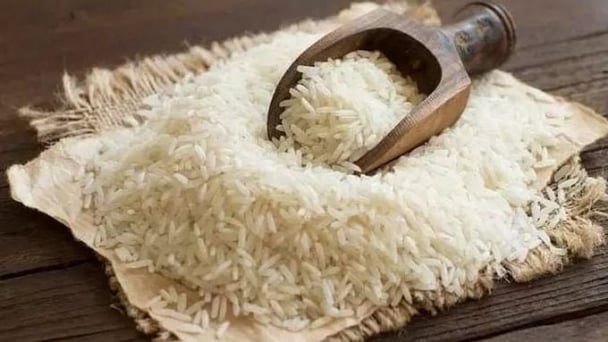
(VAN) Rice exports from Thailand have fallen sharply this year due to fierce competition and currency issues that have hurt price competitiveness, according to a report by the Foreign Exchange Service (FAS) of the USDA.
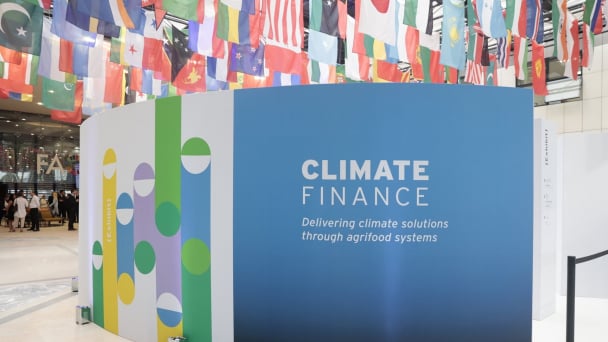
(VAN) Special event kicks off the action phase of the innovative US$282 million Food System Integrated Programme
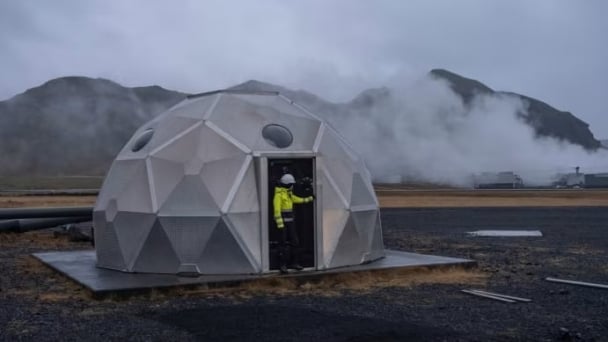
(VAN) CO₂ stored underground will be at risk of leaking back into the atmosphere, study finds.
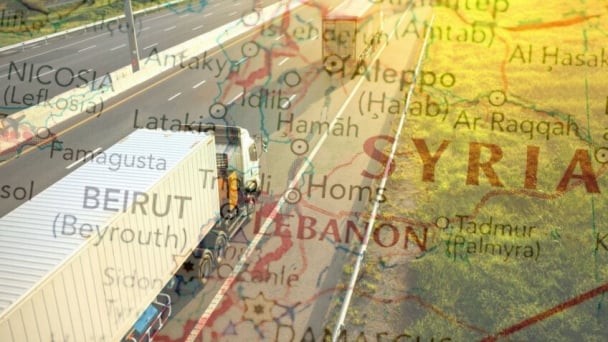
(VAN) The new Syrian government has imposed restrictions on imports of frozen chicken, effective 15 August 2025.
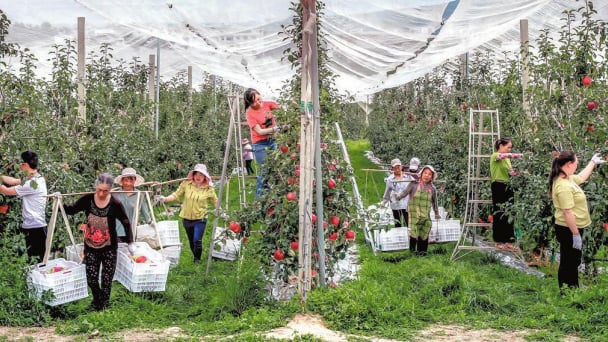
(VAN) The aroma emanating from ducks being spun slowly on charcoal-fired swivel roasters fills the air, drawing people into narrow alleys in search of the source of the familiar, mouthwatering odor.
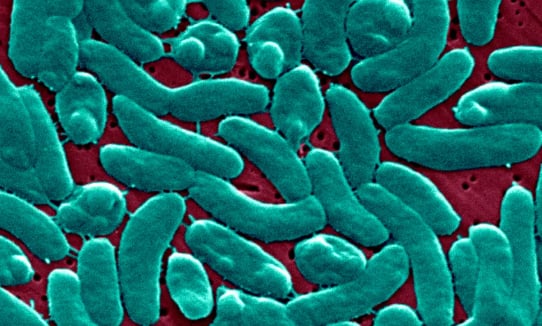
(VAN) In southwest of New Orleans, Linard Lyons spent the morning on his 19-foot boat, preparing crab traps for his grandchildren just like he had done thousands of times before.
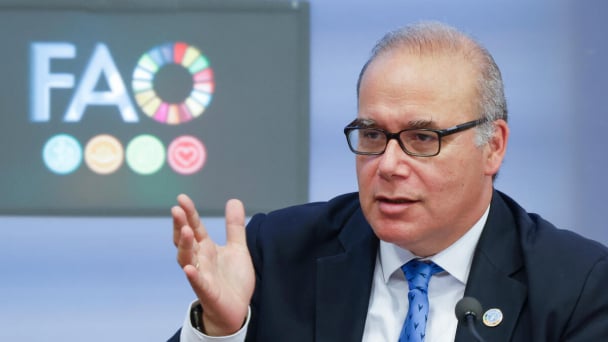
(VAN) Interview with Máximo Torero on key takeaways from SOFI 2025 report.